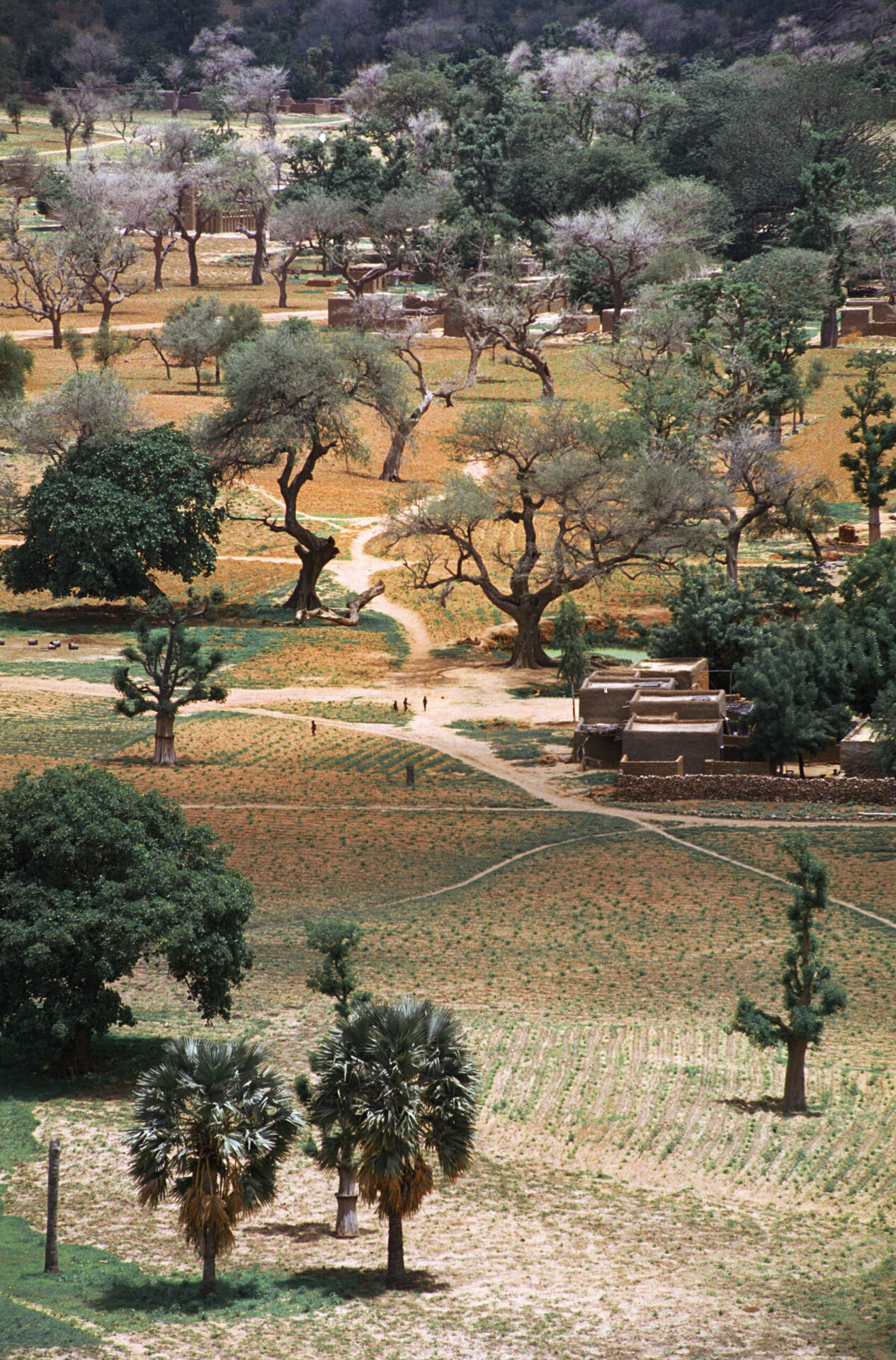behavioural change
Using life histories to understand temporal vulnerability to climate change in highly dynamic contexts
This article demonstrates how life histories can provide a dynamic and robust methodology to understanding household responses to risks and livelihood vulnerabilities in semi-arid India.
Routes to resilience: insights from BRACED year 1
One year into implementing BRACED, this report collates and synthesises evidence from project Implementing Partners’ annual reports, to understand how projects are building resilience so far.
Why Our Brains Ignore Climate Change – and What to Do About It
Per Espen Stoknes outlines the principal barriers and solutions to getting people to think long-term about climate change and to take action to reduce it.
‘Watershared’ – Adaptation, mitigation, watershed protection and economic development in Latin America
Reciprocal watershed agreements are simple, grassroots versions of incentive-based conservation that help upper watershed forest and land managers to sustainably manage their resources.




